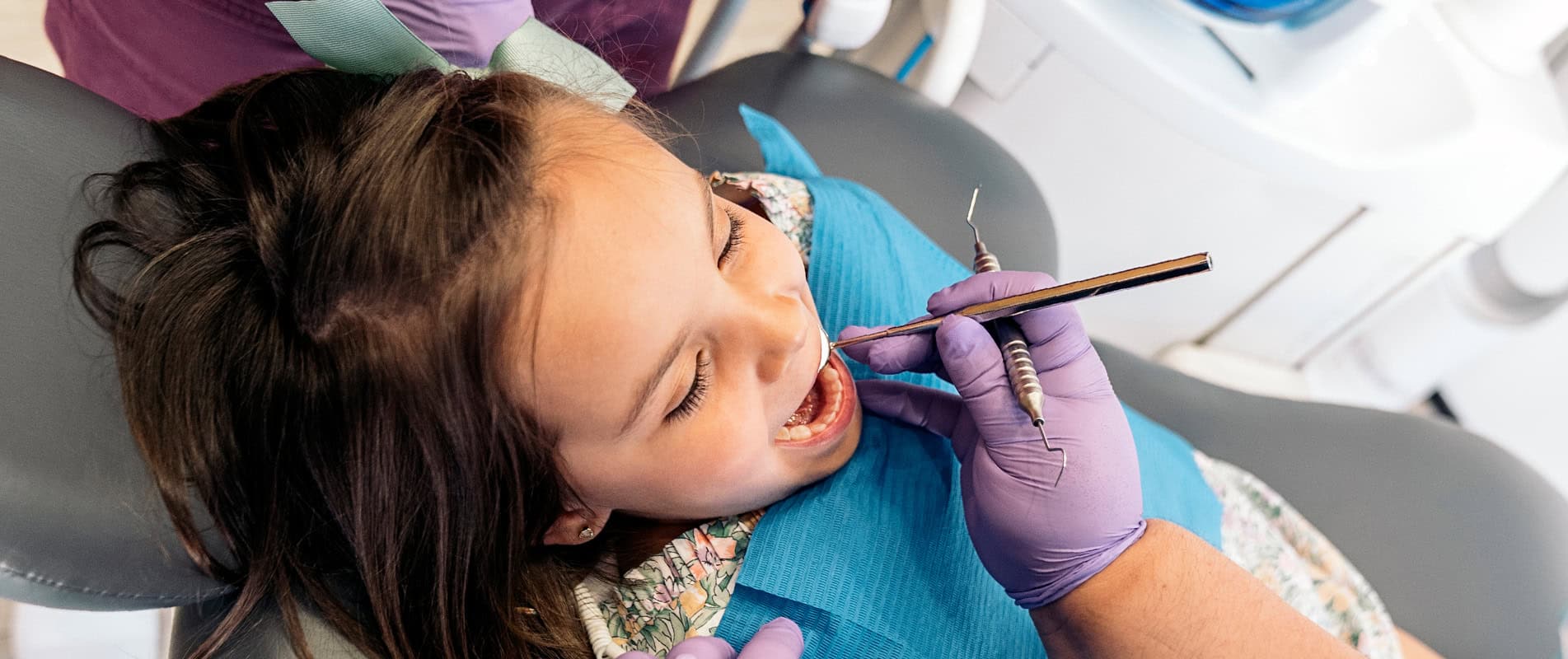The Importance of Pediatric Dentistry
As parents, our children’s health and well-being is our utmost concern. While many parents prioritize their children’s health and well-being, the significance of pediatric dentistry may not be fully realized. Regular dental check-ups are essential for children as they establish a foundation for lifelong healthy teeth and gums. Neglecting dental health in early years can lead to issues such as cavities, tooth decay, and more serious oral health problems. To highlight this important topic, we’ve invited Dr. Nazish, specialist pediatric dentist at ROZE Bio Health Clinics, to answer the common questions she receives from her little patient’s parents about their oral health.
Q&A with Dr. Nazish:

Tips from Dr. Nazish on Maintaining Good Oral Hygiene in Children
- Rinse after every snack
Remnants of snacks and drinks turn into acid and reduce the pH in our mouth. This contributes towards dental decay. Rinsing the mouth is a quick and effective way of preventing this. - Cut down the frequency of sugar intake
The frequency of sugar intake is more important than its quantity from a dental point of view. Every intake is considered a separate ‘attack’ on the teeth. It is best to limit the frequency of treats and keep them with main meals. E.g. Having a glass of juice with lunch in one go is better than taking small sips over a prolonged period. - Use a remineralising toothpaste and DON’T RINSE!
Remineralising toothpastes help to add lost minerals back into the outer layer of the tooth. This helps to prevent and even reverse early decay. Ensure your child brushes at least twice every day with a hydroxyapatite toothpaste. For optimal results, spit out the toothpaste and do not rinse. - Bonus Tip – Flossing
Contrary to popular belief, flossing isn’t solely for adult teeth. If the baby teeth touch each other, it is important to floss to prevent decay between them.
Routine checkups every six months are truly important. They not only help in identifying dental issues at an early stage but also provide an opportunity for understanding habits and providing tailored guidance to optimise oral health. Furthermore, these visits play an integral role in building rapport and confidence in dental environment.

